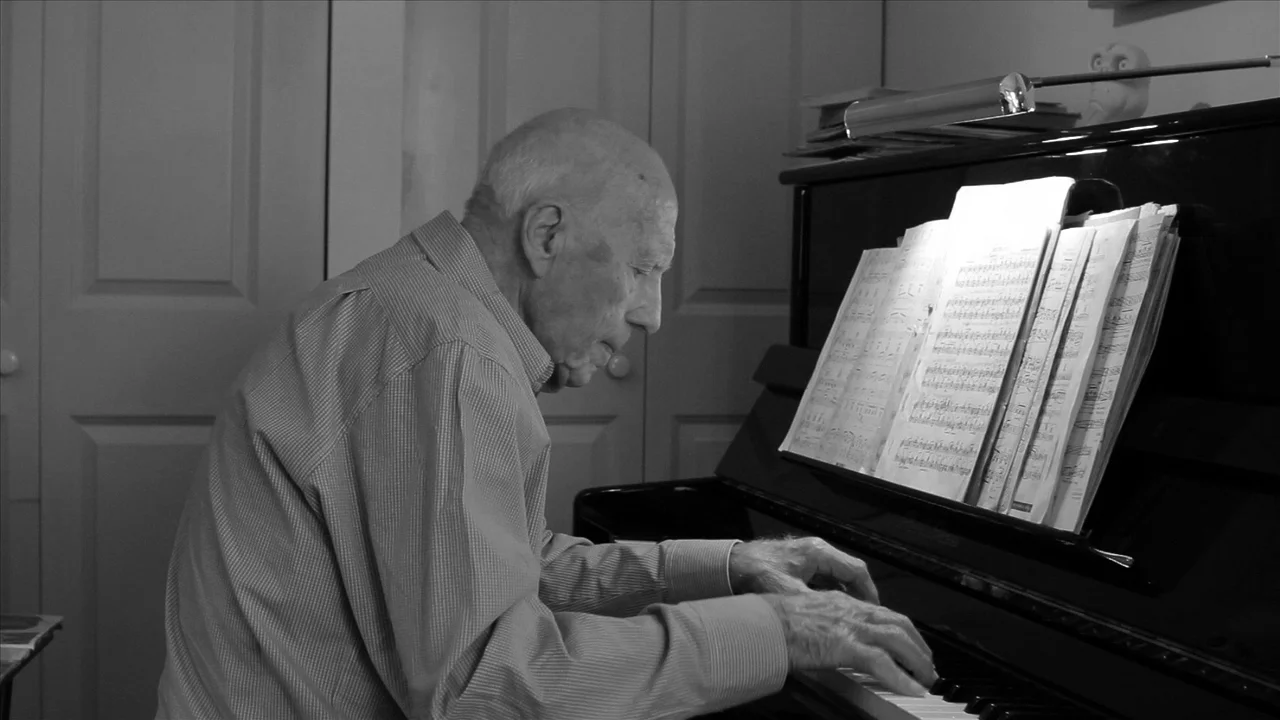Foreword to the Film
The “Journey” of Peter Ertel is from an authoritarian, closed society to the democratic and open society of the United States of America. It is unique that a man of his age, seen as merely "cannon fodder" and a threat by the rulers of his birth country, did ultimately survive the wars and repressions of Nazi Germany. However, Peter Ertel's journey reflects that of many first generation Americans, like myself, who found in America a home that not only offered refuge, but sought our talents, endeavors, and ultimately even that perspective that contributed to the diversity, innovation, and marketplace of ideas that allows for all to shop but does not necessitate any purchase. Tolerance has been only the door that opens upon respect for the other, but then uncovers the bounty of diversity's contributions to America's leadership economically, scientifically, media influence and thus diplomatic and even military might.
Peter Ertel was perceived useful by the Nazis only as long as he was part of a mass energized to war and complicity in crime. His resistance to the regime-promoted fears, bigotry, and contrived patriotism was a danger to his very physical existence in Germany, but also proved his salvation to absorb and grow in the U.S., beyond tolerance. Peter Ertel first committed himself to seeking to translate such political democratic and American values back to his post-Nazi Germany. Ultimately, though, he made his greatest contributions to America, including this documentary film, as an immigrant.
The contrast where Peter Ertel came from, and to where he journeyed, goes beyond that of an immigrant. Diversity exists among not only immigrant Americans but perhaps as much, or more, among those native born. The respect for our unique experiences, including those brought to America as slaves, or those indigenous to this continent (Native Americans), has been too frequently ignored as if seen as a weakness. Such differences, though, are part of America's capacity to convert a history of pain and/or inequity, once tackled and reconciled, to an advantage that is part of America's continued exceptionalism, much more sustained and lasting than the homogeneity and militarism promoted by authoritarians past and gone, or present, and aspiring to domination.
When Peter Ertel first arrives to America, even as a prisoner of war, he sees New York as a "City of Lights." Peter's first interaction is with a young American child who does not fear him, or his "ball" being stolen by the foreign stranger. In that moment, Peter is not only accepted as an American but liberated to become a contributor to the "City of Lights," something pervasive and even addictive to the open mind that never escaped Peter during his unusual and fruitful life.
- Ambassador Muhamed “Mo” Sacirbey
First Ambassador to the United Nations from Bosnia-Herzegovina

